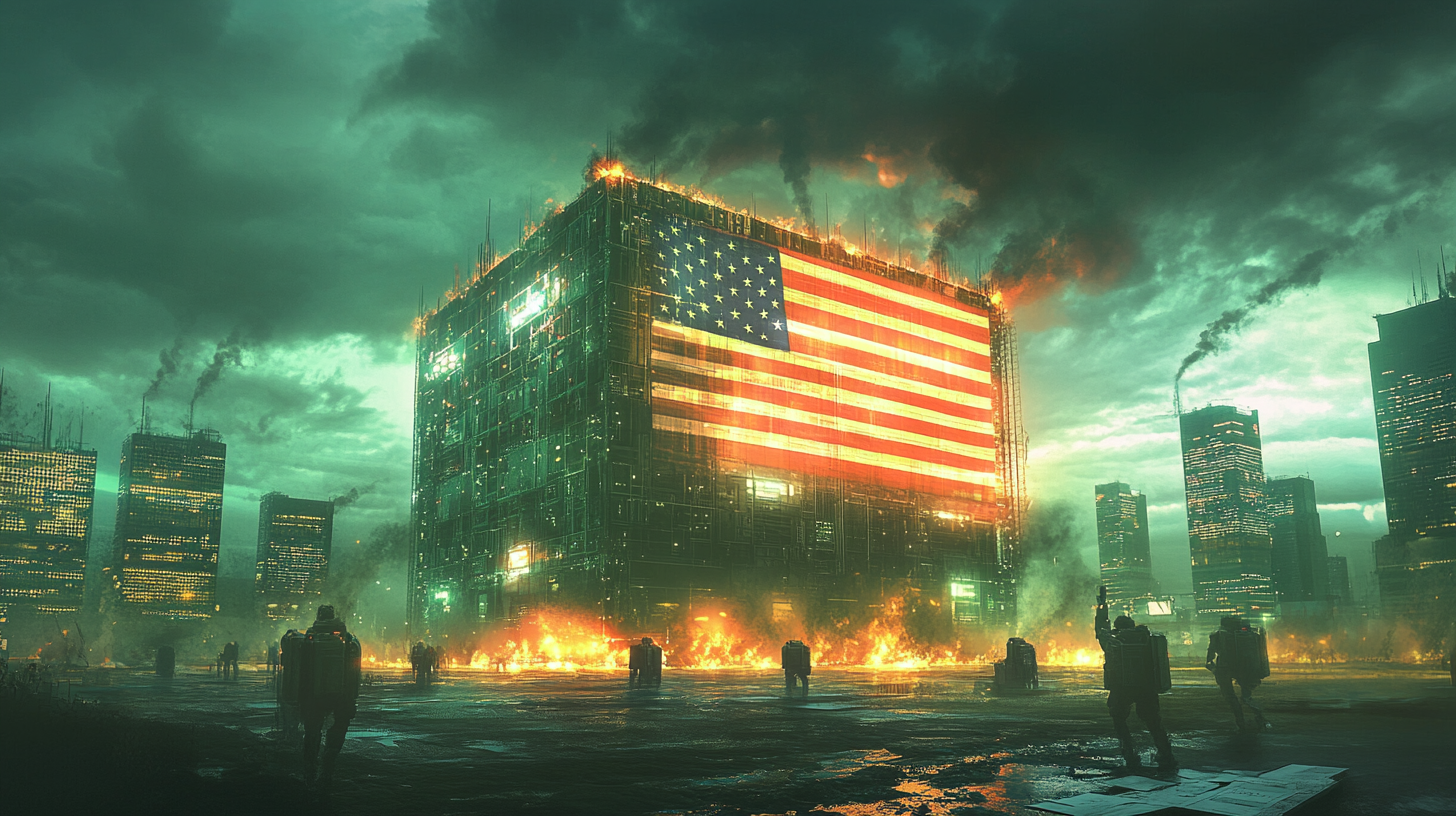AI accelerators: USA aims to control global GPU sales
World Domination, One GPU at a Time

The United States, flexing its regulatory muscles under the guise of national security, has proposed a sweeping new framework to limit the global spread of GPU technology used in artificial intelligence development. Dubbed the "Export Control Framework for Artificial Intelligence Diffusion," this initiative reeks of strategic protectionism wrapped in a shiny veneer of "safety."
If passed, this framework would restrict the sale of advanced GPUs, the lifeblood of AI training, to just 18 privileged nations. Meanwhile, the rest of the world gets to fight over scraps. Because nothing says "global innovation" quite like locking the door and hoarding the candy bowl.
The Chosen Few (and the Tier-2 Afterthoughts)
The golden list of 18 includes predictable players like Germany, Japan, and the UK. But don’t worry, gaming GPUs and privates won’t be impacted—you can still roast your opponents in 4K glory while the rest of the world’s researchers desperately duct-tape outdated chips together.
For those unlucky enough to fall outside the favored 18, stringent restrictions await. Tier-2 countries may buy up to 320,000 GPUs over two years, provided they comply with U.S. security inspections and earn fancy designations like "National Verified End User" (NVEU). Firms operating in other countries? Enjoy your 50,000 GPU limit—barely enough to scrape by in today’s AI race. Think of it as a participation trophy for innovation.
Fine Print: Where Innovation Goes to Die
Beyond hardware, the U.S. wants to keep tabs on the software side of AI. Large AI models requiring over 100 quadrillion operations for training would need explicit U.S. approval for export. The irony here? Nearly every AI model has some connection to U.S. technology. From chips to software tools, Uncle Sam is laying claim to it all.
Quelloffene (open-source) models get a hall pass, as long as they exist, but this raises another question: How long before even open-source innovation is dragged into the regulatory abyss? Who needs collaboration when you can just throw red tape at the problem?
The Global Fallout
This isn’t just about GPUs; this is about control. By tying hardware exports and AI model licensing to U.S. oversight, Washington essentially places itself as the de facto gatekeeper of global AI innovation. Want to build the next ChatGPT in Iceland? Better get your paperwork in order—and a backup abacus while you’re at it. Oh, and good luck dodging loophole enforcements as the U.S. clamps down on fragmented GPU orders and phantom corporations.
A Cold War Redux in AI?
While proponents claim these measures protect security, critics argue it’s the tech equivalent of building a walled garden surrounded by flaming moats. Sure, it may slow down China, but at what cost to global collaboration? With nations like India, Brazil, and South Africa left out of the elite circle, are we on the verge of a fragmented AI ecosystem?
In the end, the U.S. might get its wish: absolute dominance in AI…while the rest of the world watches from the sidelines, stuck with outdated chips, bureaucratic nightmares, and the warm, fuzzy feeling of being left behind.
Skippy’s Take
The U.S. doesn’t just want to make GPUs harder to get; it wants to regulate innovation itself. It’s like they’re saying, "We built the playground, so you can only use the swings if you play by our rules." And if you’re not in the elite club? Tough luck, buddy. Grab your Etch A Sketch, because the AI race just got real…petty.